Dressed in a Mandarin-collared Mao suit, Xi Jinping, the Chinese Communist Party leader and head of the armed forces, handed out military flags to the commanders of three newly formed units—an army general command, a strategic missile command, and a strategic support force.
The ceremony, held on Dec. 31, a day before the new year, marked the latest venture in a massive military restructuring project, one that Xi hinted at from a podium on the Tiananmen gate while overlooking a 12,000-strong military parade last September.
Then, Xi announced that 300,000 troops would be cut from the military. In the following months, details of the reforms have trickled out: Seven regional commands would be reorganized into five military zones, the army’s four headquarters would be reshuffled, and key personnel would be appointed.
Xi Jinping’s military reforms are clearly aimed at modernizing the People’s Liberation Army, an ossified institution stuck in the 1980s, but the reforms also have an urgent political purpose. Reforming the military allows Xi to wrest control of a crucial institution of power from a rival faction headed by former Party leader Jiang Zemin and to consolidate his own political power.
Military Is Power
Chairman Mao Zedong famously quipped: “Power grows from the barrel of a gun.” The former dictator’s dictum meant that in Party politics, those who held the gun, or the armed forces, wielded true power in the regime.
“Without control over the military,” Xi Jinping has “no political power,” said Chen Pokong, a current affairs analyst and author of books on Chinese political culture, in a television program on New Tang Dynasty Television (NTD). NTD and Epoch Times are subsidiaries of the New York-based Epoch Media Group.
According to Chen, Xi Jinping had struggled since taking office to gain control over the Party’s military, an organization that Jiang Zemin retained significant influence over despite having relinquished his position as head of the powerful Central Military Commission in 2005.
“Seizing the barrel of the gun has become a struggle of life and death between Xi Jinping and the Jiang faction,” he said.
Chen added that while Xi has been able to remove Jiang’s allies in the military through his anti-corruption campaign, he has struggled to place his own allies in the very top positions because he is outmatched in the seven-man Politburo Standing Committee, the most powerful decision-making body in the Party. Four of the seven members are known to be loyal to Jiang.
The Standing Committee had earlier blocked two of Xi’s allies, General Liu Yuan and General Zhang Youxia, from being appointed to the powerful Central Military Commission on Xi’s recommendation, according to Chen.
Xi Jinping’s military reform is thus a novel workaround: Chen Pokong explained in a telephone interview that Xi is now able to replace Jiang’s men with those loyal to him in key positions “from the ground up” in the process of trimming troops and reshuffling the army command.
Appointments to the very top positions in the military—the leadership of the Central Military Commission, for instance—still need to be vetted by the Standing Committee, but Xi can control Jiang’s allies through the anti-corruption campaign.
If the military reforms progress as Xi wishes, Chen continued, he will be in a politically “advantageous position” before the convening of the 19th Central Committee of the Communist Party of China in 2017, an important meeting of the Party leadership.
All the Party Leader’s Men
Xi Jinping has been steadily placing his men or those known to be against Jiang Zemin in key positions in the military, while removing the allies of his predecessor.
The recent promotion of General Li Zuocheng to the new army general command is one prime example of an army official handpicked by Xi now holding a key office in the military. Being traditionally a land-based force, the army is the most important arm of the People’s Liberation Army.
Gen. Li, 62, was first promoted to head the Chengdu Military Region in 2013 by Xi Jinping. In July 2015, the Sino–Vietnamese War veteran and officially recognized “war hero” was promoted to the highest military rank of “shang jiang”—general of the army. Barely five months later, Li Zuocheng rose again to his current and very prominent military position.
Gen. Qin Tian, the newly promoted head of the General Staff Department, has a history of bad blood with Jiang Zemin. According to The Trend, a Hong Kong magazine that carries political rumors from the mainland, it took Qin’s eldest brother 12 years to be promoted from major general to lieutenant general, an extraordinarily long delay that is attributed to Jiang’s dislike of their father, former defense minister Qin Jiwei.
In an article published in Qiushi, the Communist Party’s main political journal, Qin Tian had criticized the late, disgraced Gen. Xu Caihou and praised Xi Jinping’s anti-corruption efforts in the military as an effort to “bring order out of chaos.”
Xu Caihou and Gen. Guo Boxiong were the top-ranking officers beneath the chairman of the Central Military Commission, the most powerful military organization in the Chinese regime. Prominent allies of Jiang, they were purged as part of Xi Jinping’s anti-corruption campaign, in moves that were seen at the time as an “earthquake” in China’s military. Guo was expelled from the Party and handed to military prosecuting authorities last July. If Xu hadn’t passed away from bladder cancer in March 2015, a year after formal investigations were opened, he too would have surely met with the same fate.
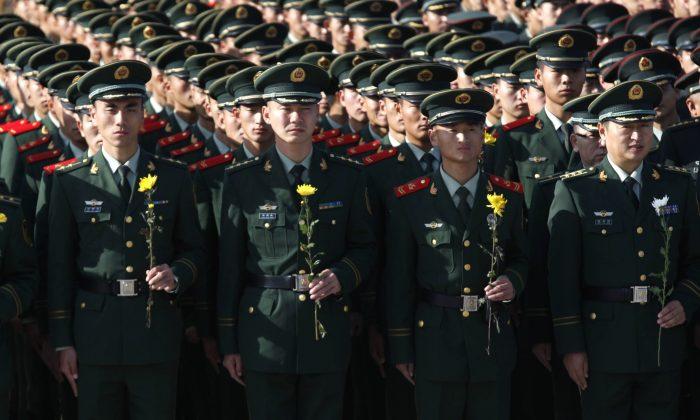
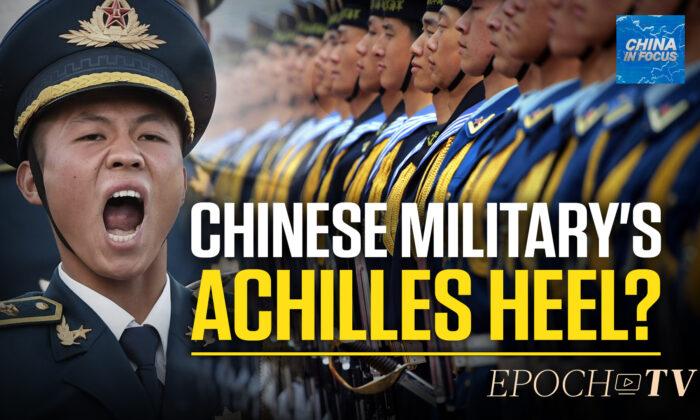
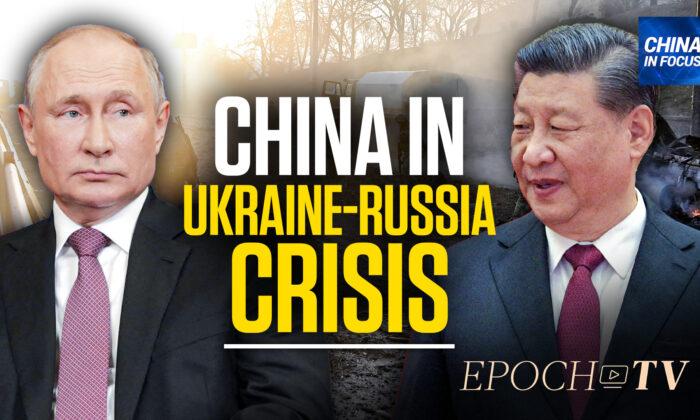
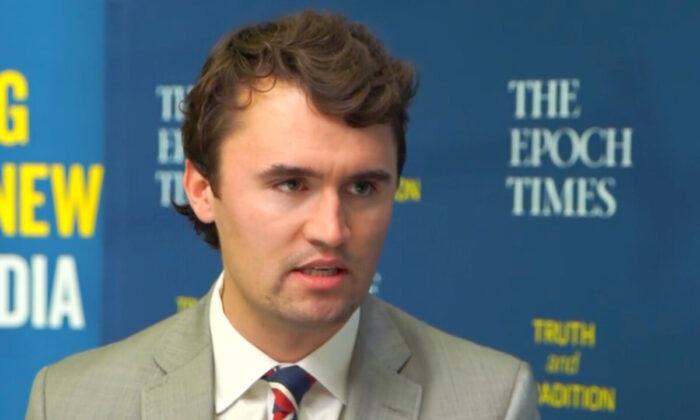
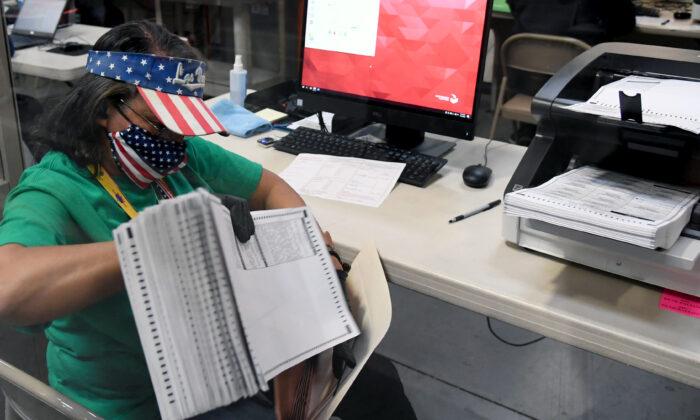
Friends Read Free